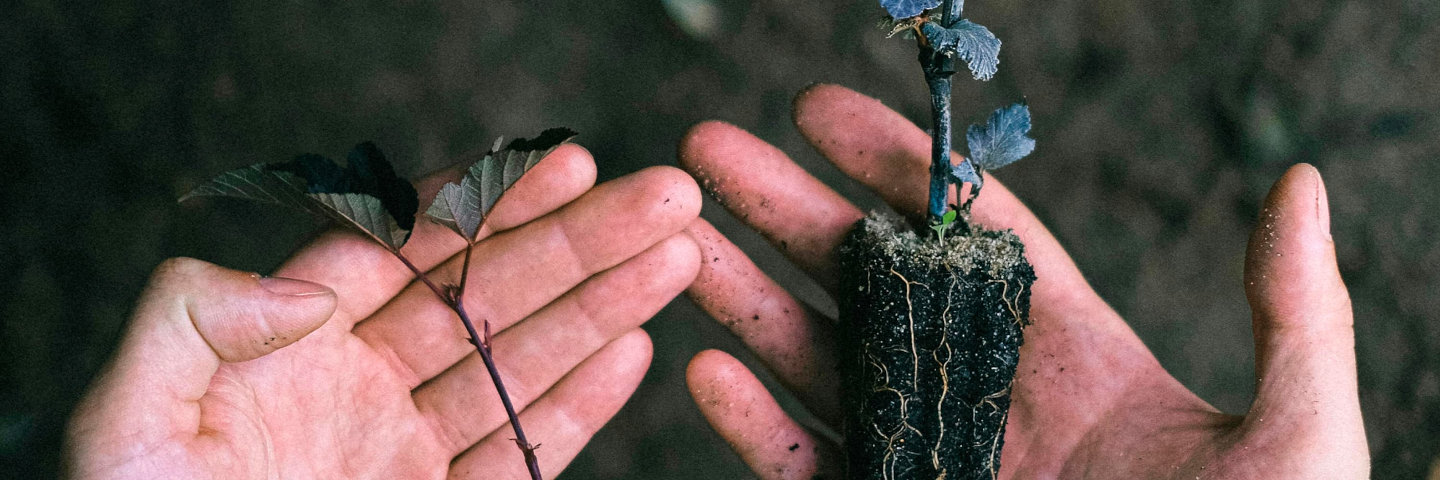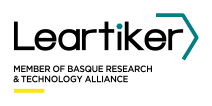
LEARTIKER'S CONTRIBUTION TO THE SDGs
On 25 September 2015, world leaders at the United Nations (UN) adopted a set of global goals to eradicate poverty, protect the planet and ensure prosperity for all as part of the 2030 Agenda. Specific targets were set for each goal, and the aim is to meet them over the next 15 years. The Sustainable Development Goals (SDGs).
The research activities carried out by the Leartiker Technology Centre have a significant impact on several of the Sustainable Development Goals. Its commitment to technological development, knowledge transfer and innovation in its two areas of expertise, Food Technology and Polymer Technology, reflects the Centre's cooperative approach. Leartiker is a non-profit cooperative that is committed to collaboration, supporting the community and developing people. A working approach aligned with the key pillars of the SDGs.
After falling steadily for decades, the number of hungry people (as measured by the prevalence of undernutrition) began to slowly increase again in 2015. Current estimates show that nearly 690 million people are hungry, or 8.9% of the world population – up by 10 million people in one year and by nearly 60 million in five years.
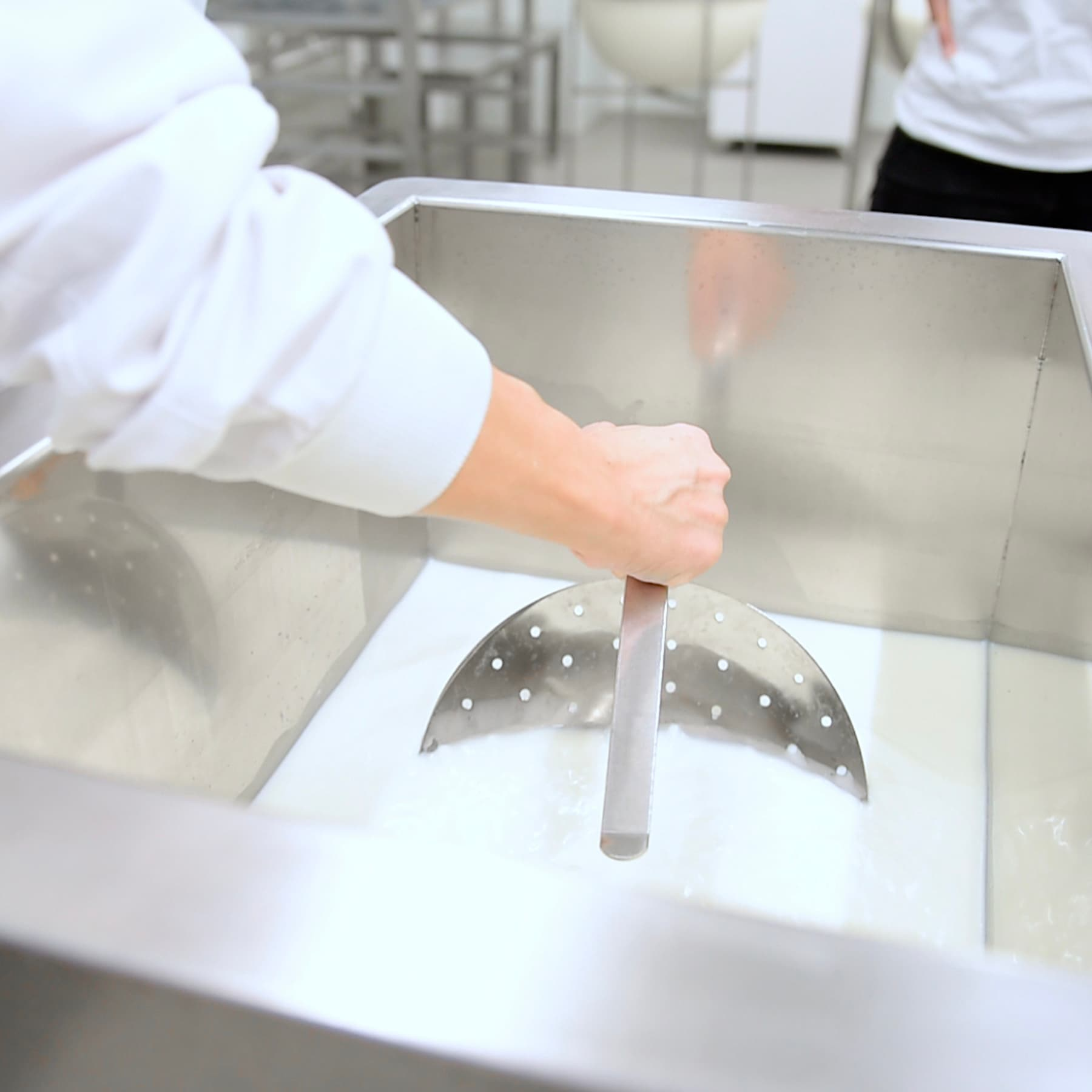
At Leartiker Food Technology, we work to improve the competitiveness of small-scale local producers, promoting the development of new products through research and innovation.
We harness synergies to introduce local products into the food value chain. Furthermore, food safety is an important cross-cutting issue in all areas of research that we conduct. Our food research activities focus on finding, identifying and developing new protein sources, fermented foods. We also have a line of research involving raw milk and the technological development of processes in the dairy sector.
Health emergencies, such as the one triggered by COVID-19, pose a global risk and have shown that preparedness is essential. The United Nations Development Programme highlighted the huge disparities in countries' abilities to cope with and recover from the COVID-19 crisis. The pandemic represents a turning point in health emergency preparedness and investment in vital public services in the 21st century.
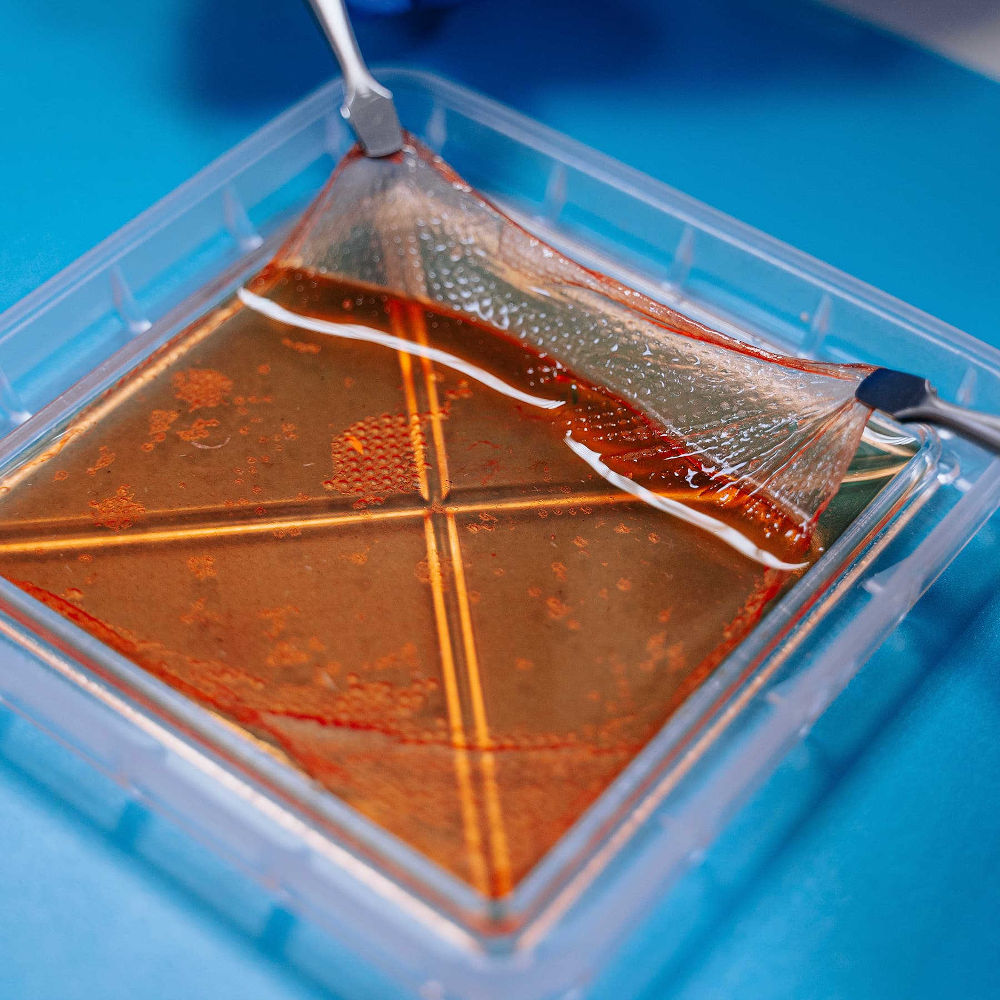
Our Technology Centre has a specific area of research focused on Health. As part of our research efforts in this area, we work with point-of-care polymer structures, tissue engineering and medical devices, thereby helping to achieve the objectives set in the Basque Country Science, Technology and Innovation Plan 2030 (PCTI).
Regenerative medicine, 3D printing technology, microfluidics and bioengineering are combined in our laboratories with the aim of offering innovative treatments that provide patients with more dignified processes that improve recovery times and minimise risks.
Gender equality is not only a fundamental human right, but a necessary foundation for a peaceful, prosperous and sustainable world. There has been progress over the last decades: more girls are going to school, fewer girls are forced into early marriage, more women are serving in parliament and positions of leadership, and laws are being reformed to advance gender equality. Despite these gains, many challenges remain: discriminatory laws and social norms remain pervasive, women continue to be under-represented at all levels of political leadership
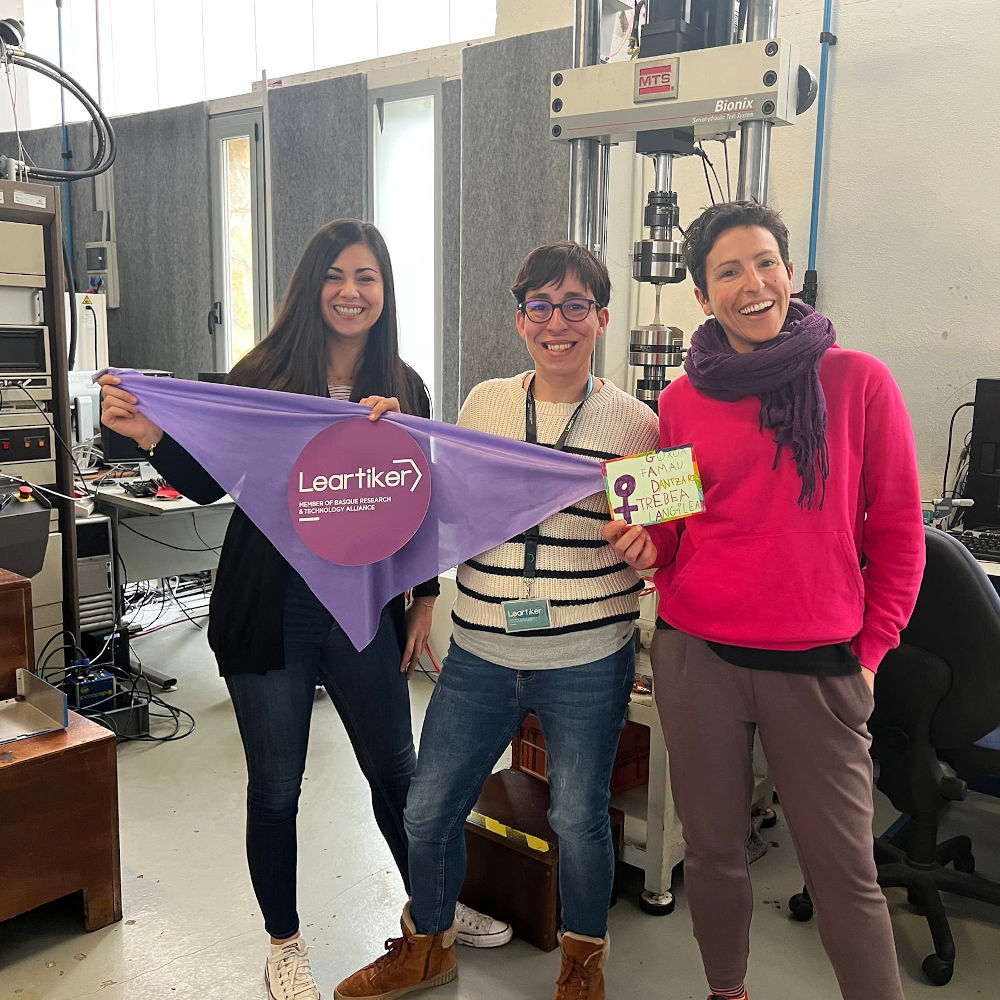
At the start of 2023, we developed our first Leartiker Equality Plan. An open commitment to implement gender equality policies within the organisation. We also took part in various initiatives to promote and introduce science and technology to women and girls. Our researchers take part in talks, videos, reports and other activities in which they speak about their careers and experiences, among other things, and try to break down stereotypes and stigmas.

SDG 8: Decent work and economic growth
Promote sustained, inclusive and sustainable economic growth, employment and decent work for all
Inclusive and sustained economic growth can drive progress, create decent jobs for all and improve living standards. COVID-19 has disrupted billions of lives and jeopardised the global economy. The International Monetary Fund (IMF) is predicting a global recession that will be as bad as or worse than that of 2009. As job losses intensify, the International Labour Organisation estimates that nearly half of all workers worldwide are at risk of losing their livelihoods.
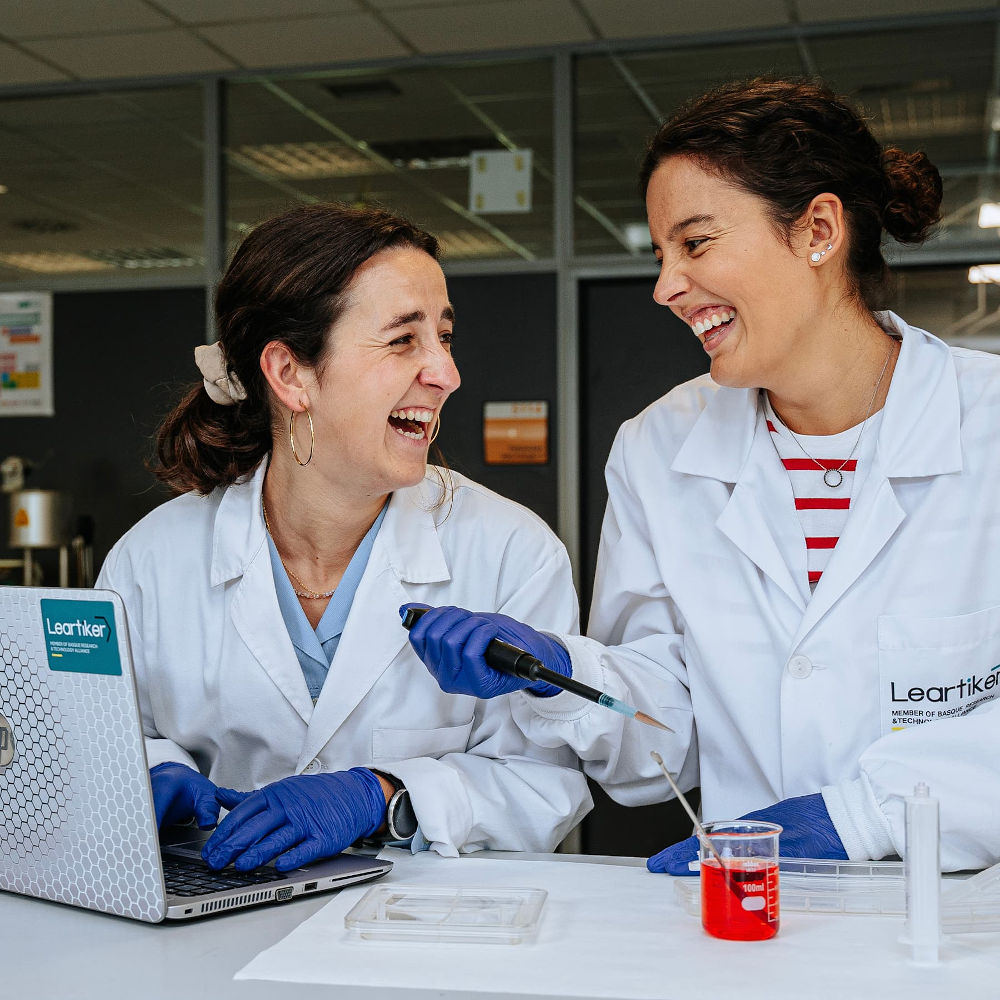
Leartiker is a non-profit cooperative that is part of the Mondragon Corporation. A socio-economic project by all and for all. We encourage the active participation of people through a participatory business model. We strive to recruit and retain talent and are committed to developing people. Our culture, identity, spirit and ethos define us, and that is the #LeartikerFeeling, where we develop #TechnologyforPeople. Work-life balance and flexible working are some of the pillars with which we tackle the day-to-day problems that arise in the lives of our staff. We take care of our people, we launch initiatives to get to know each other better, to engage with each other, and to have a good time outside the offices and laboratories.

SDG 9: Industry, innovation and infrastructure
Build resilient infrastructure, promote sustainable industrialisation and foster innovation
Inclusive and sustainable industrialisation, together with innovation and infrastructure, can unleash the dynamic and competitive economic forces that generate employment and income. They play a key role in introducing and promoting new technologies, facilitating international trade and enabling the efficient use of resources.
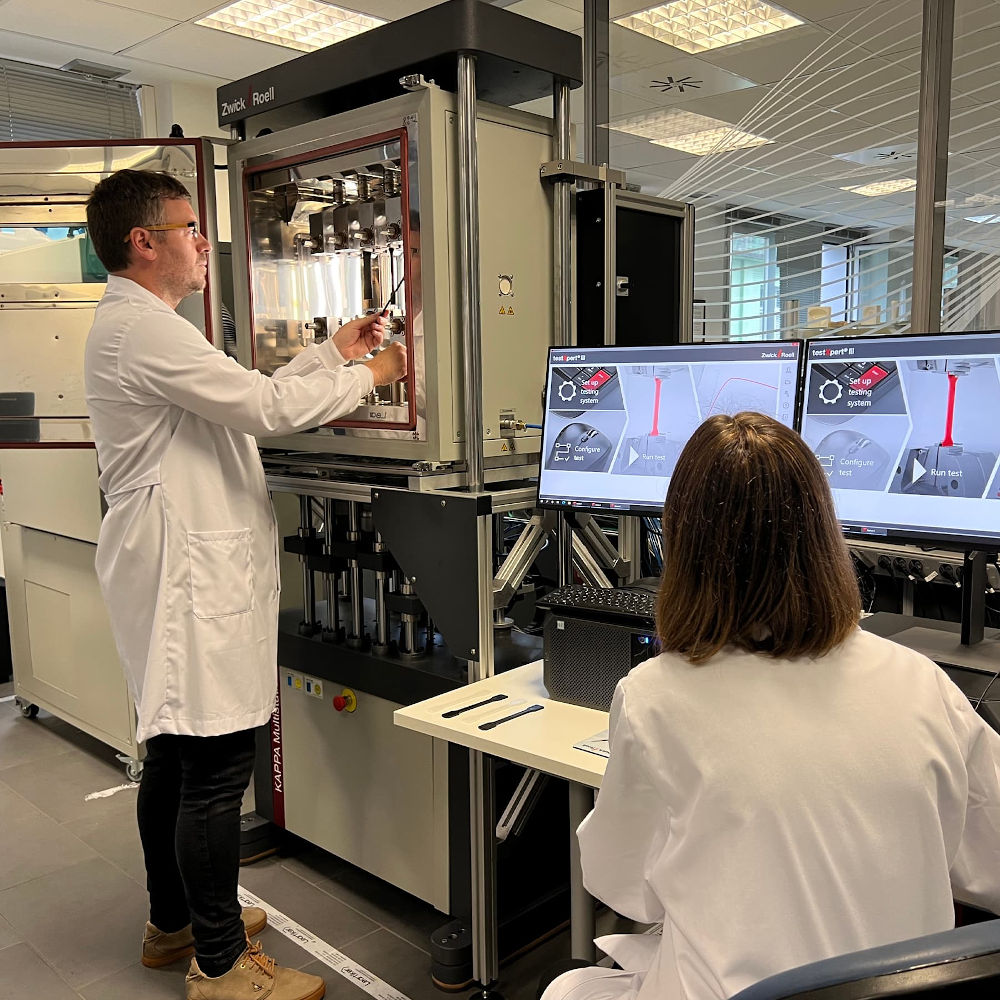
In our sustainable transport department at Polymer Technology, we develop lightweight, quiet and reliable polymer structures by predicting their behaviour using digitisation techniques. Thermoplastics, thermosets and elastomers are the three main fields of research in which we apply our expertise. Developing these areas of research with a view to meeting the objectives defined in the Basque Country Science, Technology and Innovation Plan 2030 (PCTI).
Climate change is affecting all countries on all continents. It is disrupting national economies and affecting lives. Weather systems are changing, sea levels are rising and weather events are becoming more extreme.
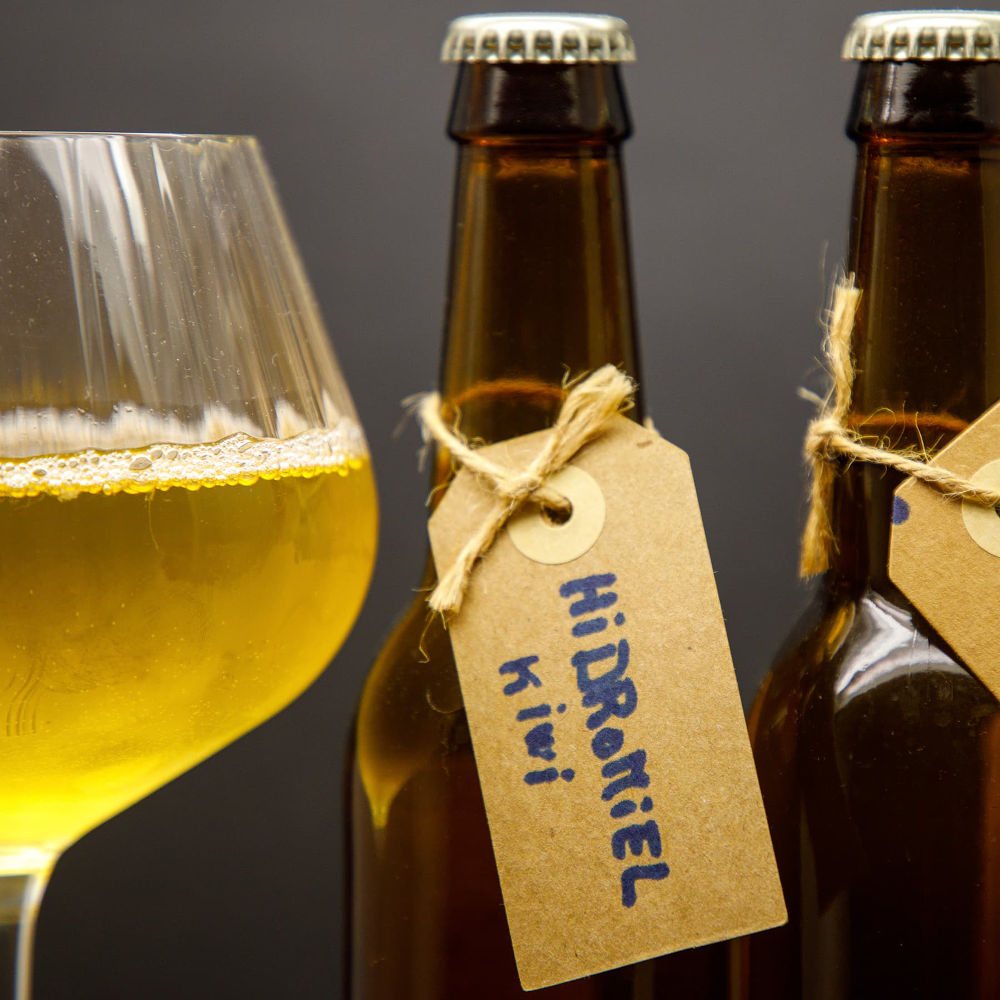
At Leartiker we are working on numerous projects that are aligned with the Circular Economy. Through our two areas of expertise, we promote concepts such as Waste 0, KM 0 or the recycling of materials in order to play a small part in making the world more sustainable. In our food-related research activities, we are committed to the sustainable diversification of small-scale producers, using local raw materials and reusing food waste. In our other branch of research, in Polymer Technology, we are focusing on bioengineering and the recycling and development of new, more sustainable materials. Therefore, we participate in projects related to electromobility, eco-design and bioprinting.





